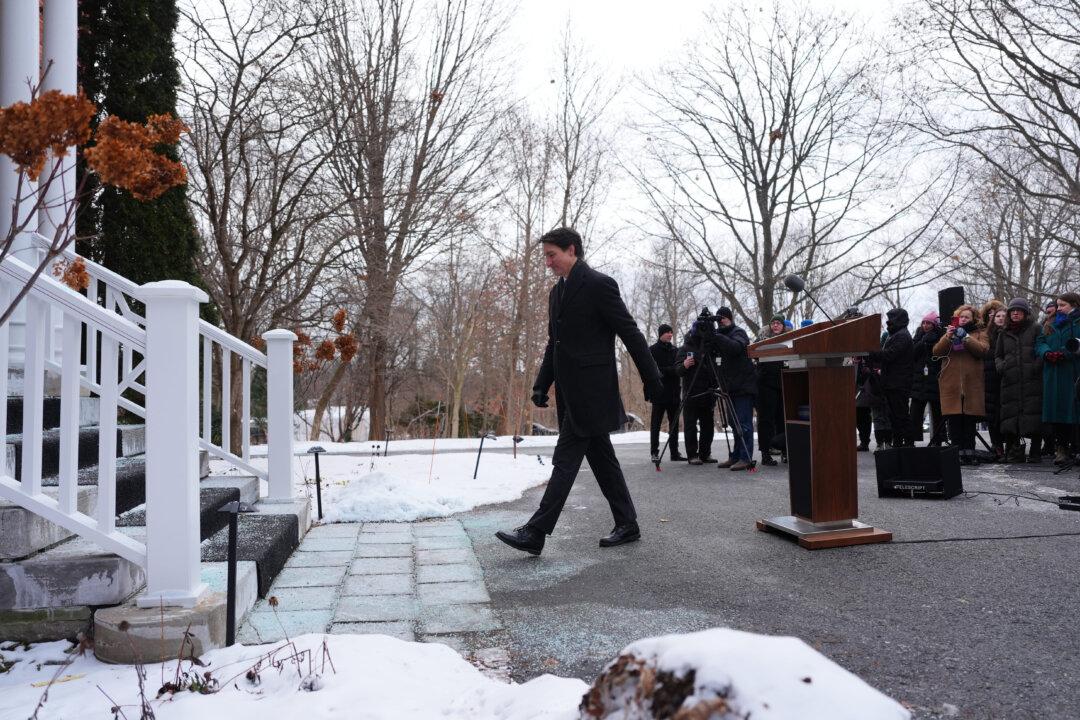Prime Minister Justin Trudeau’s plan to step down has business experts warning about the heightened uncertainty it has created and the need for a unified front to face the challenges ahead.
Trudeau’s announcement that he will resign once a new Liberal leader is chosen comes just weeks before Donald Trump, who has threatened to impose tariffs on Canadian goods, is sworn in as U.S. president.





